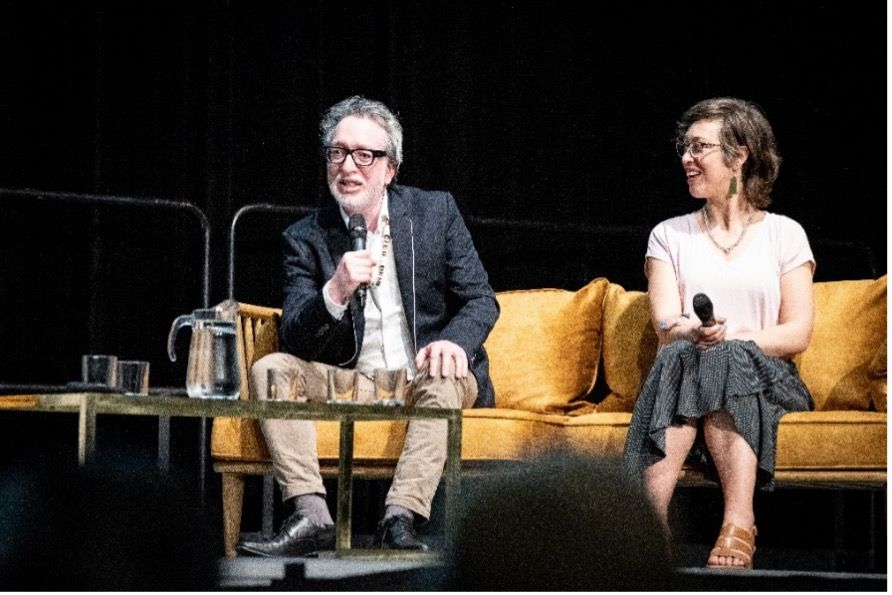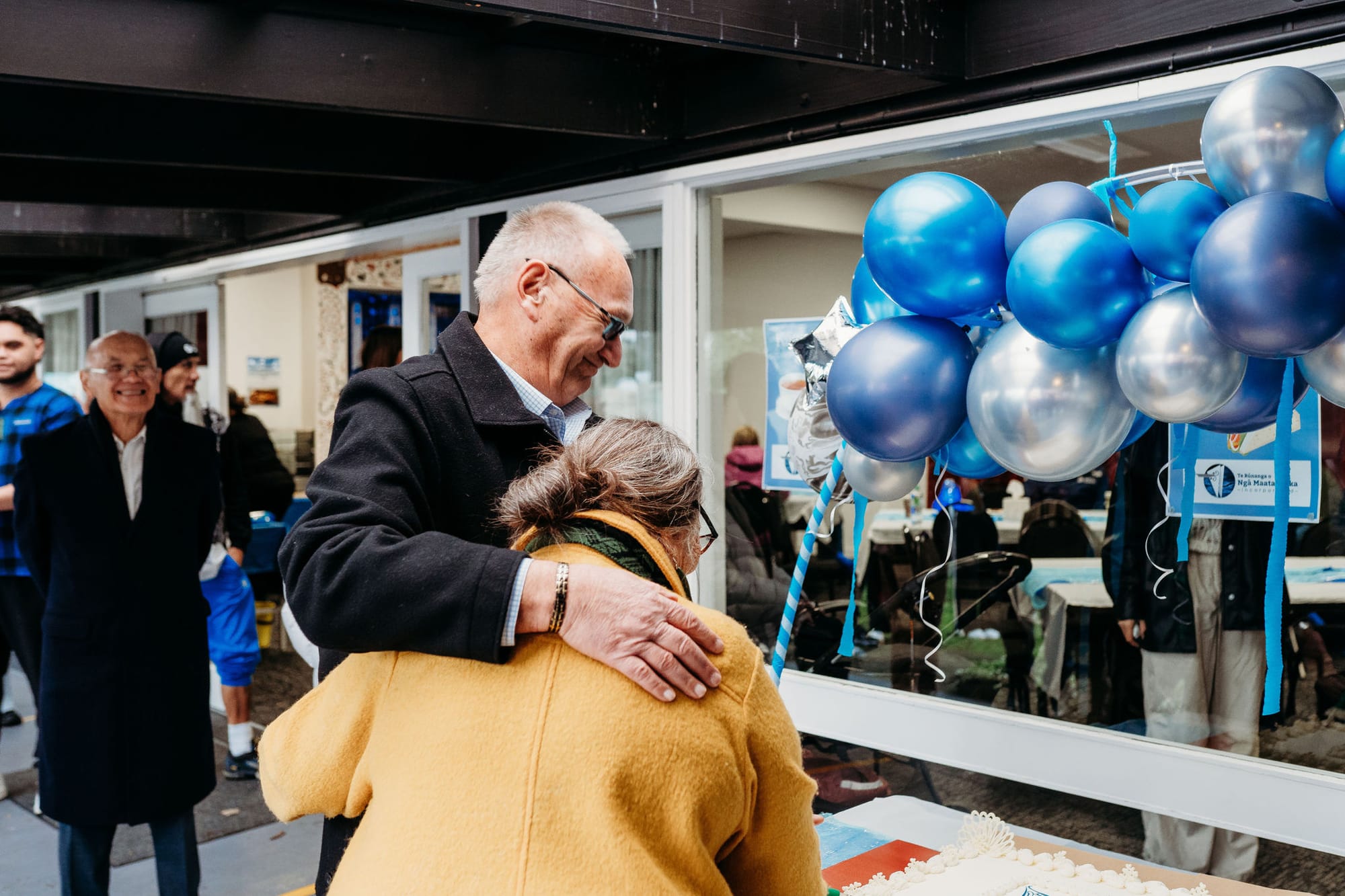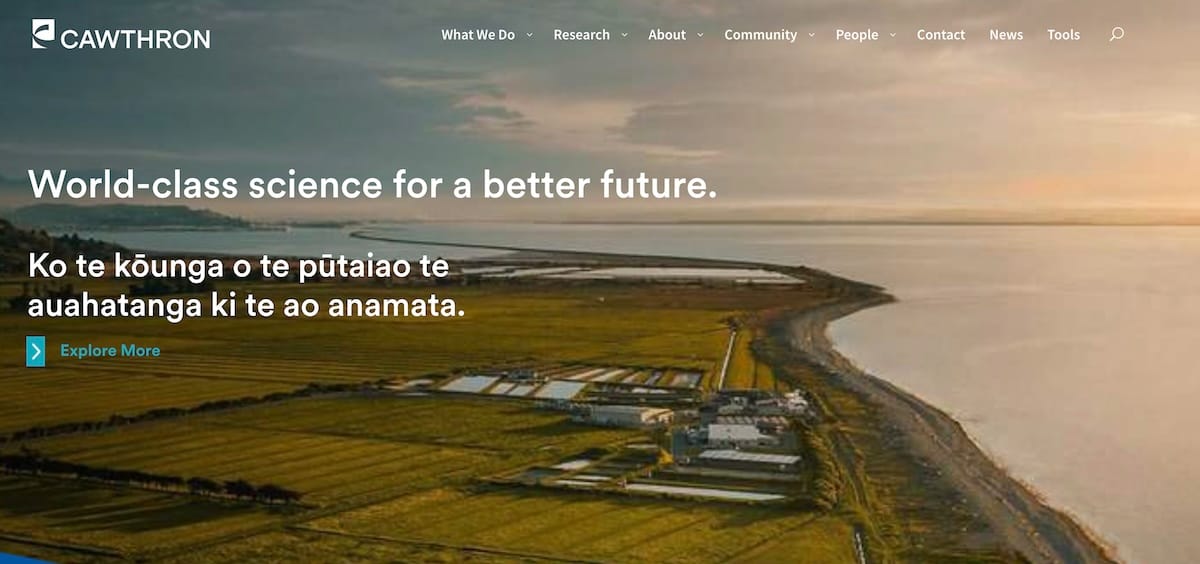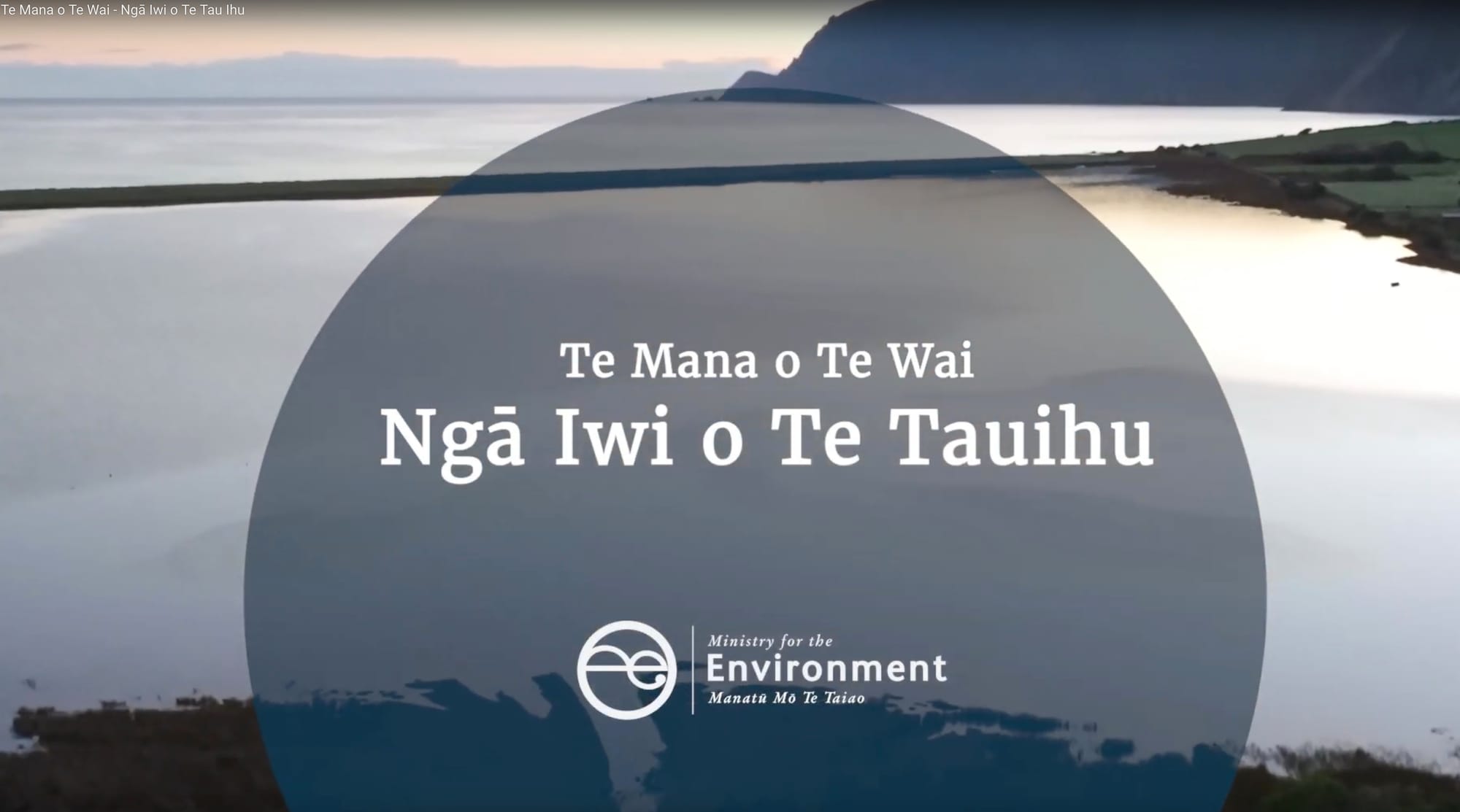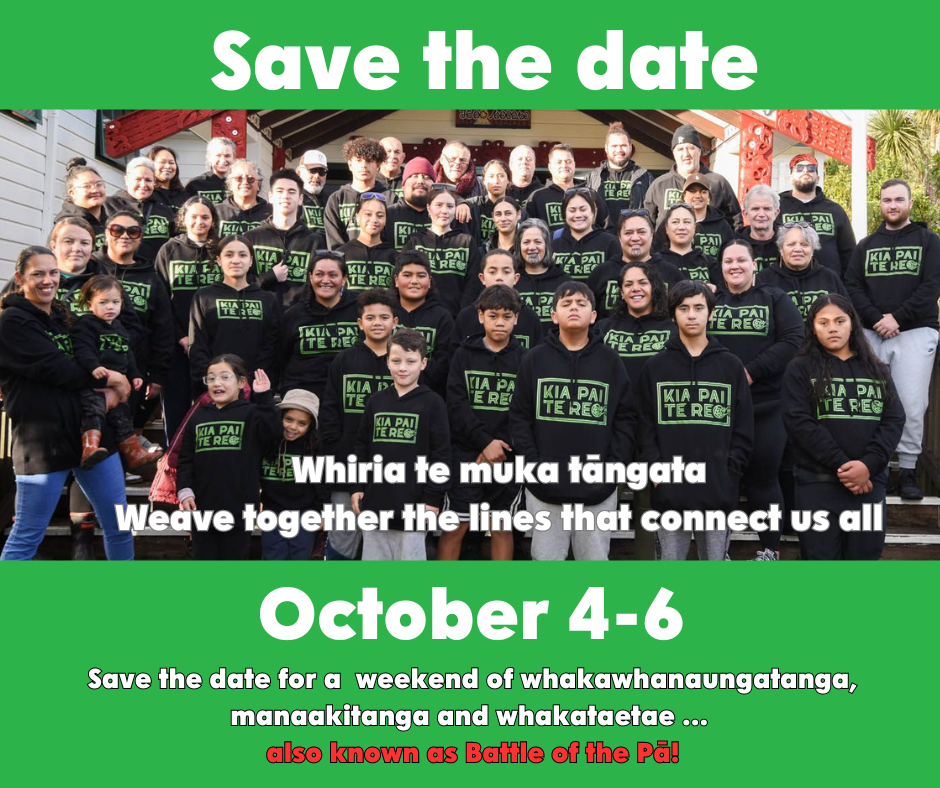Full house for education symposiun in Whakatū
Teachers, principals and educationalists from across the top of the South Island turned out in force on Friday for a groundbreaking education symposium hosted by the eight iwi of Te Tauihu.
Kia wetewetea, ko Māui ahau! attracted more than 1000 attendees from across the rohe (tribal area which includes Tasman, Nelson and Marlborough). It is the first forum of its kind to be held in Aotearoa and the brainchild of Te Kāhui Mātauranga o Te Tauihu o te Waka-a-Māui, a collective of the eight tangata whenua iwi formed in 2019 to work alongside the education sector.

Te Kāhui Mātauranga o Te Tauihu chairperson Hayley Pemberton, who represents Ngāti Toa Rangatira in the grouping, said the symposium was aimed at inspiring excellence for Māori students and influencing change.
“We created this format, both for those working in education and also for our own whānau, to discuss some of the long-standing and often unseen barriers facing our tamariki at school.
“A lot of our work is about strengthening relationships with kura. But we are only eight people around a table – we physically cannot support all schools in the region one on one, but we can create spaces like this where we can have those honest discussions, share more about our tribal aspirations and pūrākau, and learn together.”




The symposium featured experts working in the education space, who themselves whakapapa to Te Tauihu: Dr Peter Meihana (Ngāti Kuia, Rangitāne o Wairau, Ngāti Apa ki te Rā Tō, Ngāi Tahu), who spoke about local history and the new Aotearoa Histories in School curriculum; author and education expert Dr Melanie Riwai-Couch (Rangitāne o Wairau, Ngāti Kuia, Ngāti Apa ki te Rā Tō); and Dr Liana Macdonald (Ngāti Kuia, Rangitāne o Wairau, Ngāti Koata), a lecturer at the Faculty of Education, Te Herenga Waka Victoria University of Wellington, who specialises in research examining how racism, whiteness and settler colonisation manifest in national institutions.
On the day, each of the eight iwi also took to the stage to share new iwi resources that focus on their unique tribal histories.

Dr Riwai-Couch spoke about the reasons for writing Niho Taniwha: Improving teaching and learning for Ākonga Māori and the need for change in the education system as a whole.
“What happened over a long period of time is I’d sit in these meetings and I would see lots of grand statements made. Goals like, ‘We are going to improve outcomes for tamariki Māori’, which is great, but it never really happened. Year after year we would have these same goals, but nothing really changed. From there I started to develop this real compulsion and said, well actually, we need to change the system. What we hadn’t been doing, was we weren’t actually treating cultural competence as a competence that can be developed and built upon. Niho Taniwha looks at how all of us can start doing that.
“When I work with school or principals there are some things that are not up for discussion; there are some things that we must address and first up is that we know without a doubt, because we have the data, that the system has underserved Māori. And that’s really important to figure that truth out so then we can move on to addressing it.
“We actually knew all of this decades ago but it has got to the point where it has to be about no longer accepting things we can’t change, and changing the things we can’t accept. And I believe we can all do that.”
Dr Riwai-Couch referenced a teaching that had been important in her life.
“For too long, it’s been a problem that’s just been too big. I want to change that narrative. Dieter Uchtdorf said, ‘Stand close together and lift where you stand’. We can all do that. Stand close together, get that shared understanding. By each of us taking responsibility for the immediate spaces we occupy, regardless of the position we hold, if we lift where we stand, with our efforts to improve teaching and learning for ākonga Māori, then we will make a difference. We will move the system as a whole.
“All of you being here today speaks volumes about the desire to lift and move that system and to serve well.”
Kia wetewetea, ko Māui ahau! was sponsored by Te Hurihanganui.
